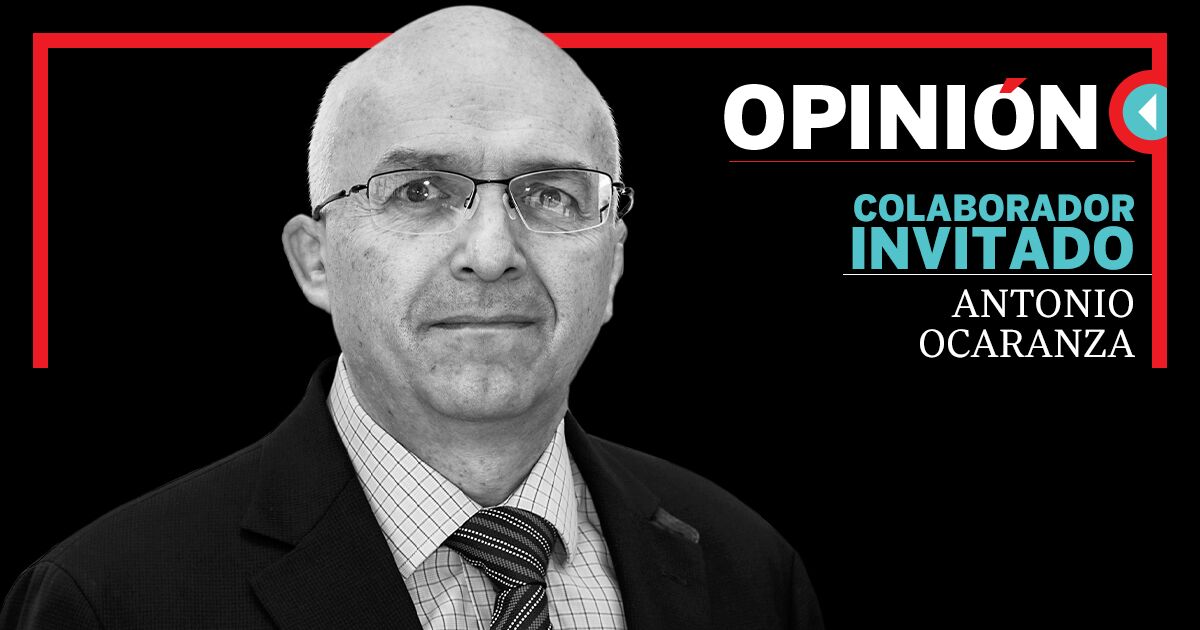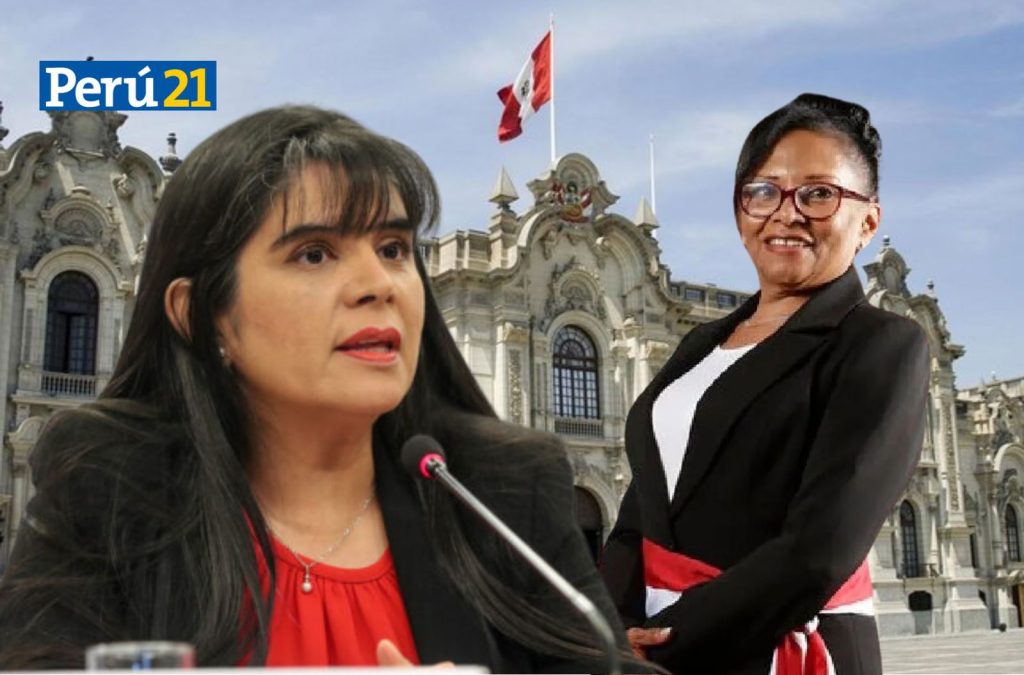At the time, the obvious answer to many of these questions was no. During the 1980s, Mexico had suffered a serious image crisis with the United States over the growing power of drug trafficking, especially over the murder of DEA agent Kiki Camarena, and in the 1990s, over Peruvian writer Mario Vargas Llosa’s declaration that Mexico was the “perfect dictatorship.” Mexico’s image was badly damaged, and no one expected that further bilateral integration would be welcomed by Americans or Canadians. To them, Mexico was a country with happy people and beautiful beaches, but with a corrupt and authoritarian government and a protectionist economy. It was far from an ideal partner. It was an unattractive bride for a marriage.
That is why the reckless gamble of Canadian Prime Minister Brian Mulroney and President George W. Bush was to dress the bride and get their citizens to accept that greater economic integration would lead Mexico to become a country like theirs.
And the bet was fulfilled. Beginning in 1990, Mexico underwent an unprecedented institutional transformation. Independent bodies emerged to respond to the expectations of its trading partners. For example, the National Human Rights Commission (1990) was created to punish abuses of authority, the Federal Electoral Institute (1990) and the Federal Electoral Registry to eliminate electoral fraud, the Federal Competition Commission (1992) to promote a business environment without monopolies or to prevent the economic dominance of a company, the Federal Environmental Protection Agency (1992) to prevent polluting companies from establishing themselves in Mexico, and the Federal Telecommunications Commission (1996) to promote the modernization of that sector. An institutional framework was built to address the concerns of Mexico’s trading partners and to become more like them.
Politically, six years after NAFTA came into effect, the Institutional Revolutionary Party (PRI), which had governed Mexico under different acronyms since 1929, lost the presidency and a process of alternation began. Between 2000 and 2024, five presidential elections were held and three different parties governed the country. With the exception of the 2006 election result, no presidential election in the 21st century was questioned.
However, with the arrival of Andrés Manuel López Obrador to the presidency in 2018, several of the decisions, policies and laws that Mexico has promoted have caused great concern in the United States and Canada. The situation has worsened with the election of June 2024, in which Claudia Sheinbaum won the presidency with an overwhelming majority and her party, Morena, took absolute control of the two Chambers of Congress and the legislatures of the majority of the states of the Republic, enough to make constitutional changes without the need to negotiate with the opposition parties.
In the coming days, the Mexican government may approve constitutional reforms and laws that allow for the popular election of Supreme Court justices and judges; that integrate independent agencies for competition, energy, telecommunications, or transparency into the formal structure of government; and that give preference to state energy companies, such as Petróleos Mexicanos and the Federal Electricity Commission, over private companies from the United States and Canada. The checks and balances of a democracy will be weakened or completely eliminated.

















